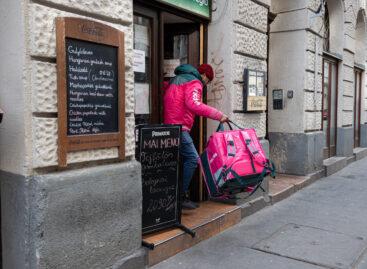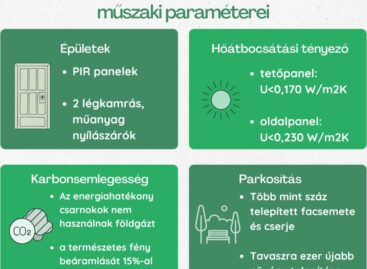Half of graduate employees still work from home
The home office remained with the elimination of the state of emergency for 51% of those with higher education and 40% of employees in Budapest, while 20% of those with no more than primary education lost their jobs due to the epidemic.
For the Hungarian population, the COVID-19 virus is only the number six source of concern in July, which means changes in our daily habits. For the fourth time, Ipsos ’monthly Omnibus research examined the ways in which the population was exposed to the virus.
Three-quarters of Hungarian adults still wear face masks, while the proportion of those who report washing their hands more often than before the outbreak is similar. In parallel with the removal of restrictions, the biggest leap in establishing personal contacts can be measured: today, only 35% of the population avoids personal contact with others. Similarly, Hungarians have become more courageous about handshakes or public transport, and a much higher proportion of children are allowed into their communities by their parents than immediately after the outbreak in Hungary.
As in previous months, the high-risk older age group continues to be more cautious on a daily basis. 87% of those over 60 use a mask, 78% still avoid handshakes, and 48% also avoid personal contact.
Related news
Related news
After a subdued year, the holiday season is strong
74% of online shoppers, around 3.1 million people, are preparing…
Read more >Battle of the regions: these are the most popular dishes according to Hungarians
Five times the national average of Mexican food is consumed…
Read more >Business-tailored halls help SMEs develop and grow
RaktárAD, a logistics developer with a Belgian-Hungarian ownership background, has…
Read more >



